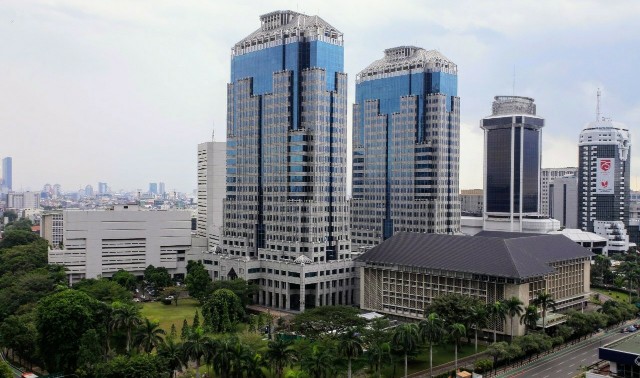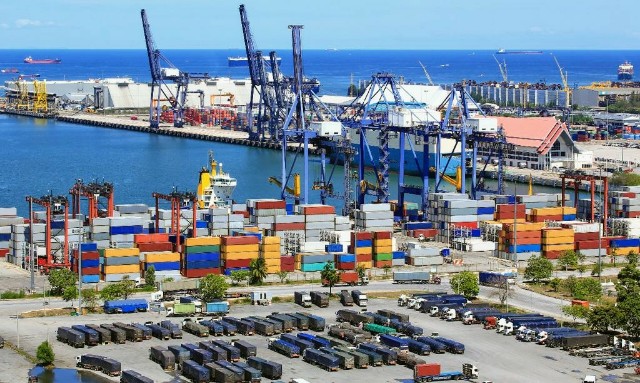Jakarta – Bank Indonesia (BI) ensures that the Macroprudential Liquidity Incentive Policy (KLM) for banks will not disrupt macroeconomic and financial system stability.
As is known, BI increased the total amount of incentives, namely, a maximum of 4 percent (400 bps), or an increase from the previous maximum of 2.8 percent (280 bps) for banks that extend credit in priority sectors. Thus, the obligation to place a minimum reserve requirement (GWM) of 9 percent at BI is reduced from the utilization of these liquidity incentives.
Meanwhile, BI believes that this liquidity incentive policy is able to increase lending by 0.6 – 0.7 percent of the banking credit growth target which is at the level of 9 – 11 percent in 2023.
“If all incentives are utilized, there will be additional credit, but in this condition we have calculated it and it does not interfere with macroeconomic and financial system stability,” said Solikin in the Media Briefing on the Macroprudential Liquidity Incentive Policy, Wednesday, August 9, 2023.
He added, for example, with this policy bank credit becomes stretched or grows up to 11 percent, of course this is still within the target range. Moreover, until June 2023 bank credit was still at the level of 7.76 percent or still far from the target figure.
“So that it will not disrupt the stability of the financial system, let alone inflation because it has been calculated, this is a form of policy that of course we will continue to evaluate,” he concluded.
As of June 14, 2023, BI noted that from the existing provisions there were 122 banks that received incentives totaling Rp108.4 trillion, with this incentive it would increase the space for financing credit distribution by approximately Rp50 trillion or to Rp158.6 trillion. (*)













